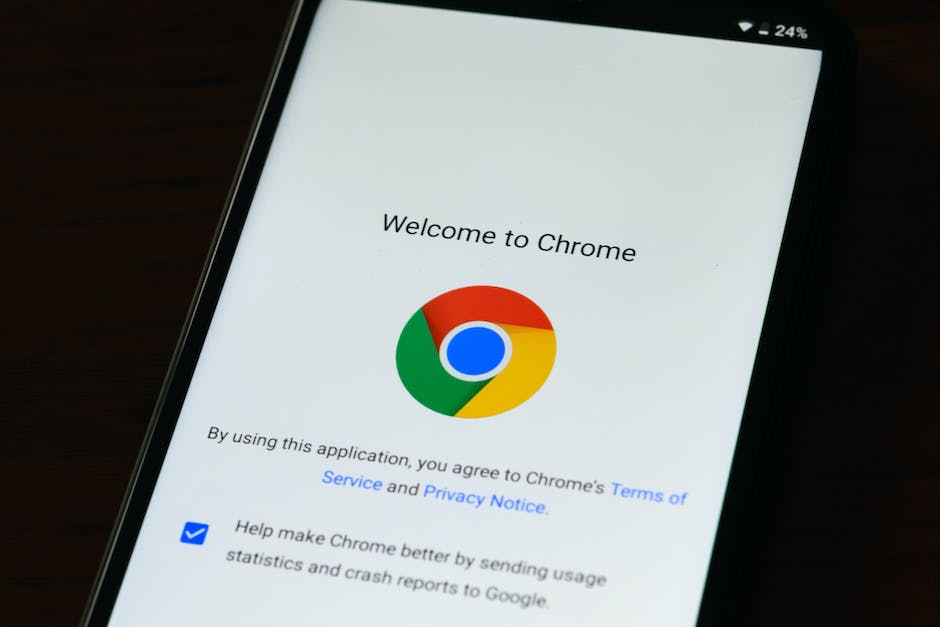A recent study by Mozilla has found that many Android apps on Google Play make false or misleading claims about their privacy practices. The study analyzed 1,000 popular free apps on Google Play and found that nearly one-third of them made at least one false or misleading claim about their data privacy practices.
According to the study, some of the most common false or misleading claims made by these apps include statements about data collection, data sharing, and data deletion. For example, some apps claimed to not collect any personal information, but in reality, they collected user location data or device identifiers. Other apps claimed to not share user data with third parties, but they shared data with third-party advertising companies.
The study also found that many of these apps did not provide clear and concise privacy policies or made it difficult for users to access them. Some apps buried their privacy policies in long legal documents or made them difficult to read and understand.
This study highlights the need for increased transparency and accountability in the app industry. Users should be able to trust that the apps they download are following best practices when it comes to data privacy. Companies like Google should take a more active role in ensuring that the apps on their platform are not making false or misleading claims about their data privacy practices. They should also make it easier for users to access and understand privacy policies for the apps they download.
In the meantime, users can take steps to protect their privacy when using Android apps. They can read app reviews and look for information about privacy practices before downloading an app. They can also use privacy-focused tools like VPNs or privacy browsers to protect their data while using apps on their devices. By taking these steps, users can help protect their data and ensure that they are using apps that respect their privacy.




